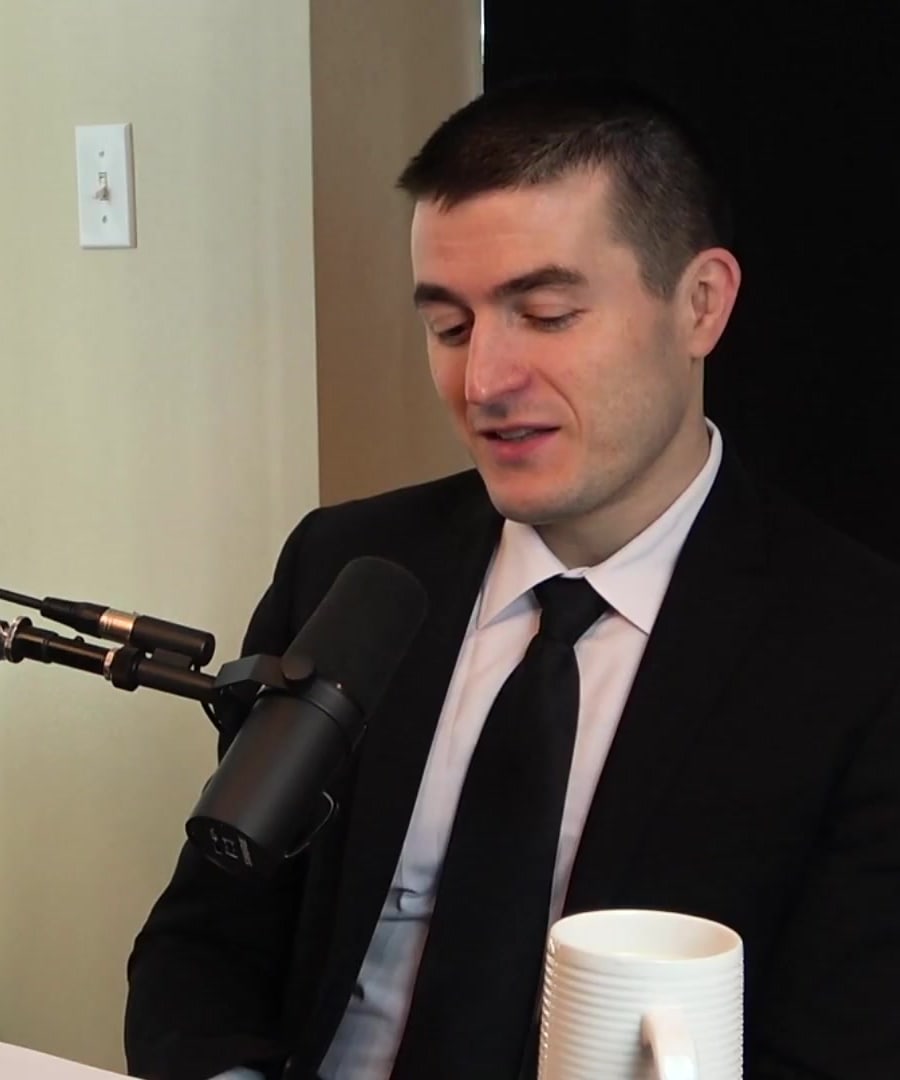radical thinking
Sources:
Radical thinking often stimulates progress yet it might be perceived as dangerous precisely because it challenges established norms and systems. For instance, experts like Zev Weinstein discuss how thinkers like Jordan Peterson, who question established frameworks, are crucial despite being labeled as dangerous for their unconventional views. Weinstein argues that challenging the status quo is necessary for societal advancement and should be supported regardless of the perceived danger or disagreement with the views expressed 1.
Furthermore, Erik Voorhees reflects on the notion that rationality itself has become a radical concept in modern society. Voorhees suggests that holding a fundamental belief in peace, which seems straightforward, categorizes him as radical, emphasizing societal contradictions and the importance of questioning them 2.
Additionally, Sonya Renee Taylor explains radical self-love as discovering one's inherent value and challenging the superficial societal pressures that obscure it. She describes the process of peeling away layers of social conditioning to reveal fundamental self-worth, which can be a radical journey towards personal liberation 3.
Lastly, the distinction between 'good' and 'bad' radicalism is significant. Initiatives like the Civil Rights Act were once considered radical but ultimately led to profound societal improvement. Distinguishing beneficial radical ideas from harmful or ineffective ones is crucial for ensuring constructive developments 4.
RELATED QUESTIONS
